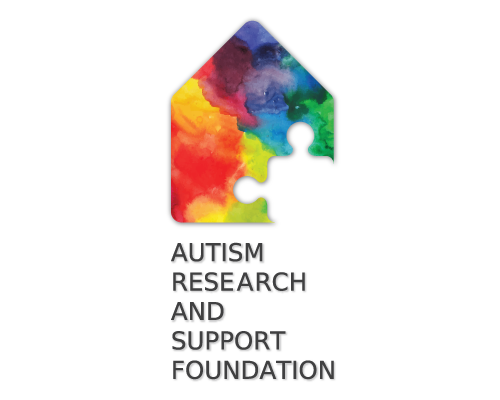P-Cresol Can Participate in the Development of ASD
P-Cresol Can Participate in the Development of ASD
Several studies have described in autistic patients an overgrowth of unusual gut bacterial strains, which by fermentation of protein in the human large intestine are able to produce p-Cresol (para-Cresol), an organic compound, a derivative of phenol. Investigations show that urinary p-Cresol is much higher in patients with ASD, compared to healthy subjects. Concentrations of the bacterial metabolite p-cresol in the urine of children can be easily determined with fluorescence detection using High-Performance Liquid Chromatograph (HPLC). Children with epilepsy and autistic spectrum disorders show similarly high levels of urinary p-cresol. Therefore, p-Cresol can participate in the development of ASD and may worsen autism severity and gut dysfunction, often present in autistic children. P-Cresol may contribute to a multibiomarker diagnostic panel useful in small autistic children.
Some references:
1. L. Altieri, et al, Biomarkers, 16 (2011) 252.
doi: 10.3109/1354750X.2010.548010
2. S. Gabriele, et al, Autism Res., 9 (2016) 752.
doi: 10.1002/aur.1571
3. A.M. Persico and V. Napolioni, Neurotox. Teratol., 36 (2013) 82.
doi: 10.1016/j.ntt.2012.09.002
4. G. Tevzadze, L. Shanshiashvili and D. Mikeladze, , J. Bio. Phys. Chem. 17 (2017) 77.
doi: 10.4024/05TE17A.jbpc.17.02
 En
En Geo
Geo